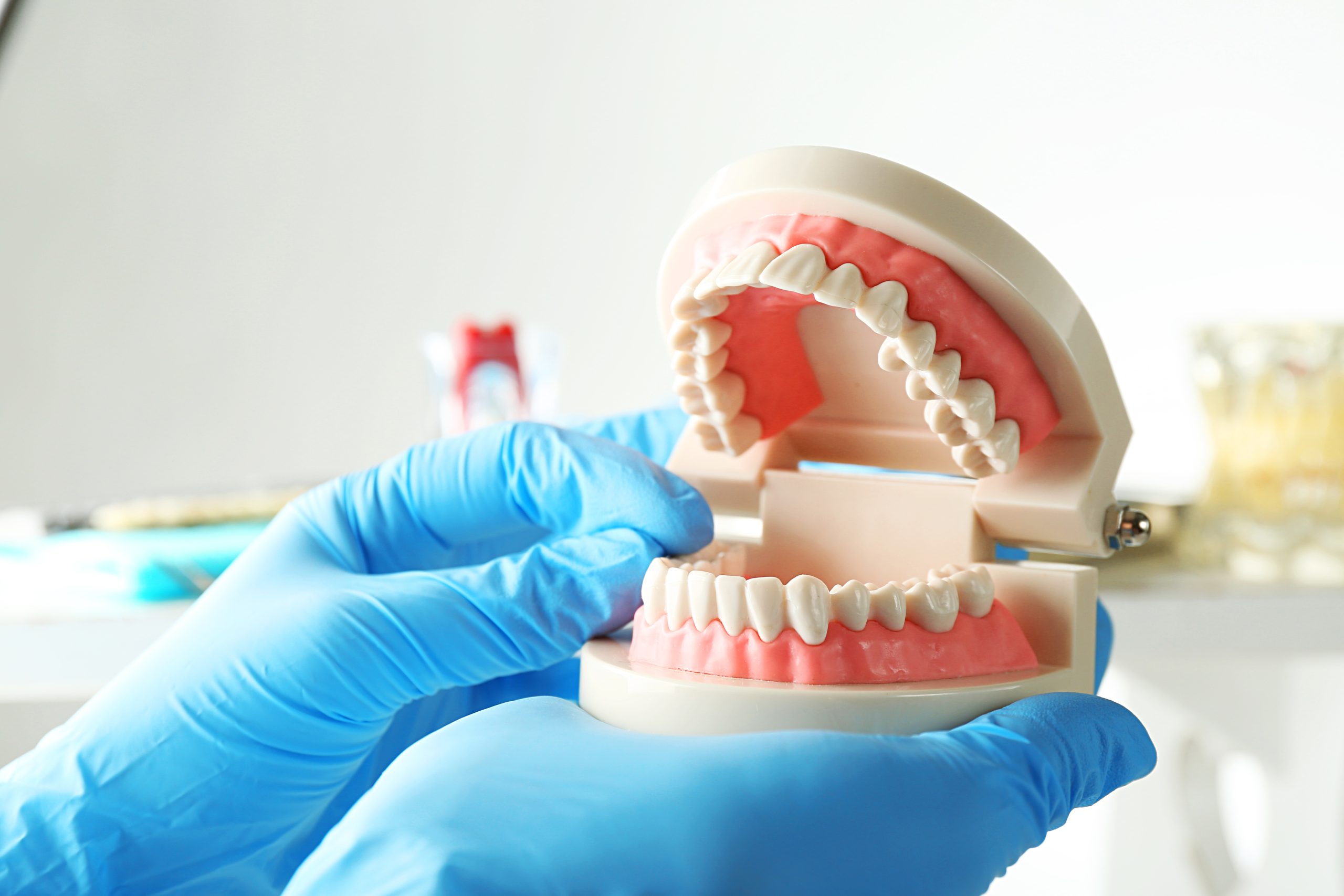Bruxism and teeth grinding can cause a variety of problems. For some, the issues caused by bruxism are a minor convenience. For others, it causes big problems. For most people, the longer it is left untreated, the bigger the problems of bruxism become. That is why it is important to recognize the problem and to find a solution to it.
What Is It Bruxism?
Bruxism is also known as teeth grinding. While people can grind or clench their teeth at any time of the day or night, it is very common for people to grind their teeth while they sleep. The problem is that many people don’t realize it happens until the damage from bruxism begins to appear. Bruxism can cause many problems including broken, chipped or damaged teeth, jaw pain and headaches.
Some people may only have minor symptoms of bruxism, while others notice more severe problems. Either way, it is best to treat the nighttime bruxism as soon as you notice the signs. Left untreated, the problems will typically only get worse.
Using Oral Appliances
The best way to treat bruxism while you sleep is by protecting the teeth. This is possible through the use of oral appliances. Oral appliances are custom fit to your mouth, teeth and bite. They help keep your jaw in a position that prevents the grinding from happening.
The oral appliances are not perfect. Their biggest flaw is that they only work when they are in place. If you don’t put them in before you fall asleep, they cannot protect your teeth. For severe cases of bruxism and the damage it causes, there are dental corrections to turn to. Fixing the bite or repairing the damaged teeth can help resolve the bruxism. Behavioral changes can work for some people, but they are not always perfect.
For more information about this or any other oral health issue, contact our office to schedule an appointment.








